What happens after you quit smoking?
Have you decided to quit smoking? Congratulations! The process of becoming smoke-free is difficult and some symptoms may feel quite horrible, but stay strong! It will pass. Once you have had your last cigarette many positive things start happening in your body. 😊
It is common to experience difficult side effects when you try to quit smoking. But, it is just your body, which is now working hard to heal itself and make the transition to a smoke-free daily life. You may dizziness, headache, as well as pins and needles in the hands and feet. A cough and sore throat are not uncommon. The stomach may make things difficult for you with both nausea and constipation.
But it will quickly pass and there are things you can do to help ease the problems. Here you can read more about what happens after you quit smoking and how to handle the setbacks.
10 common things that can happen in the body after you quit smoking
1. Increased appetite and lower metabolism
When you quit smoking cigarettes your metabolism can decrease, which means that calories are burned more slowly. This can lead to you gaining weight. Perhaps this feels a bit unfair when you are fighting to do something good for you body.
If you begin weighing up the health benefits against a possible weight gain, you should try instead to think about what you are gaining by cutting back or completely choosing to quit smoking. For example, you reduce the risk of suffering a heart attack or having lung cancer when you quit smoking and that is truly something that’s worth fighting for! To maintain your weight when you quit smoking you can choose to eat a bit less and more slowly. It is also good to drink a glass of water before eating and ensure you get regular daily exercise.
2. The skin will feel better
Smoking isn’t good for our skin and when you choose to quit you skin is guaranteed to become better.
Some find that they get spots when they choose to stop smoking, but the fact is that bad skin isn’t caused by you quitting smoking. On the contrary, smoking can worsen acne and other skin conditions because you reduce the oxygen supply to the skin. Thus causing your skin to become dryer and feel worse.
Tip! It’s a good idea to look at which products you used during the time you smoked. Your skin might feel better if you change your skincare routine.
3. Cough and sore throat
When you quit smoking your damaged cilia begin recovering. It can cause a tickle in the throat and it may also feel irritated. You can have a cough and the mucous you cough up can be discoloured. But don’t let that scare you! It is your lungs that are clearing themselves and the discomfort will disappear. 😉
4. Constipation and nausea
One thing that can happen after you quit smoking is that feelings of nausea can occur. If you have previously got your stomach going by smoking, then the nausea may be due to constipation. Once you get your stomach going the nausea will subside.
An old and well-tested home remedy that usually helps is eating prunes or plums. This can work wonders! Try placing linseed in water and then mix the linseed with mashed prunes.
If you also try to exercise a bit more than usual, then your stomach will get going faster. Food that’s rich in fibre, fruits and vegetables will help to keep your stomach going. Also drink a lot of water! 💧
5. You will experience cigarette cravings
Your body has gotten used to a certain amount of nicotine, so when you quit adding nicotine to the body it isn’t unusual if you suffer from abstinence. The strong cigarette cravings are a common symptom that normally lasts for 20-30 seconds, seconds that can feel like an eternity. Try setting the timer in your mobile phone for 30 seconds and do something else until the timer goes off.
To distract yourself from cigarette craving you can try taking a walk, listening to a favourite song, pour and drink a glass of water. You will be guaranteed to find something that helps you think about other things.
6. Temporary headache
When you quit smoking, you can get a so-called quit smoking headache. It will come and go for a while after you have quit, but fortunately the headache won’t last a very long time. It will decrease over time and it will ultimately disappear. During the time there are different ways to ease the pain. Try and see what works best for you:
- It is said that ginger and strong spices can help
- Massage, yoga and stretching can help the muscles to relax
- Cold is another tip, an ice cube against the temple or a cold towel that you place against the neck can quickly ease the pain 🧊
7. You may experience feelings of depression and anxiety
A strong cigarette craving can lead to depression. One reason for this is that you feel a lack of the happiness hormone dopamine.
When you mood dips you can try eating pineapple, salmon or chickpeas. 🍍 They can help the body to produce dopamine. Tomatoes, pumpkin seeds and oatmeal are other small bearers of happiness that can help you when things feel tough.
8. You may experience problems sleeping
A common symptom that can affect your body when you quit smoking is difficulty sleeping. You can also be extra tired for a period after you have quit smoking. But don’t forget that it is just temporary! After a few weeks the problem will disappear and you will likely sleep much better than when you smoked.
Studies have shown that smokers sleep worse than non-smokers. If you have problems sleeping during time when you quit cigarettes, then you can do the following:
sleeping during time when you quit cigarettes, then you can do the following:
- Have a look at your bedroom
- Perhaps you should treat yourself to a very comfortable new bed.
- Set the temperature in the bedroom to between 16-18 degrees
Take a walk outdoors at lunchtime. Daylight means that you will sleep easier when it is dark at night.
9. Dizziness
Dizziness is uncomfortable, but fortunately it is usually completely harmless. When you feel dizzy it is because the blood vessel has received an increased blood flow, as the same time as the blood pressure and pulse drop.
Don’t be worried! You can ease the problems with dizziness and reduce the risk of nausea by drinking water and getting exercise.
How long will you experience side effects after you quit smoking?
Physically speaking the need for nicotine has decreased in the body after two weeks. Then the effects and side effects associated with quitting smoking will also disappear.

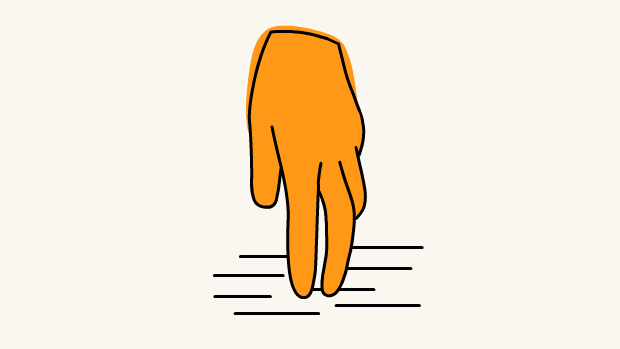
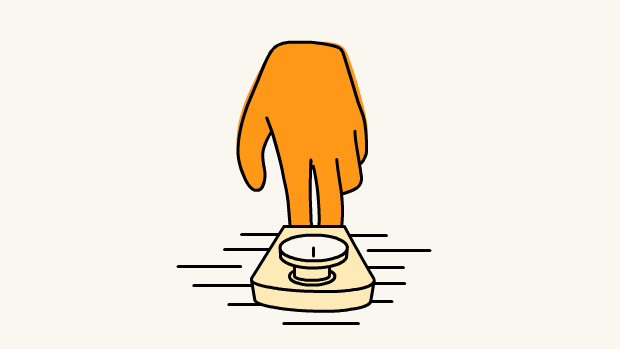
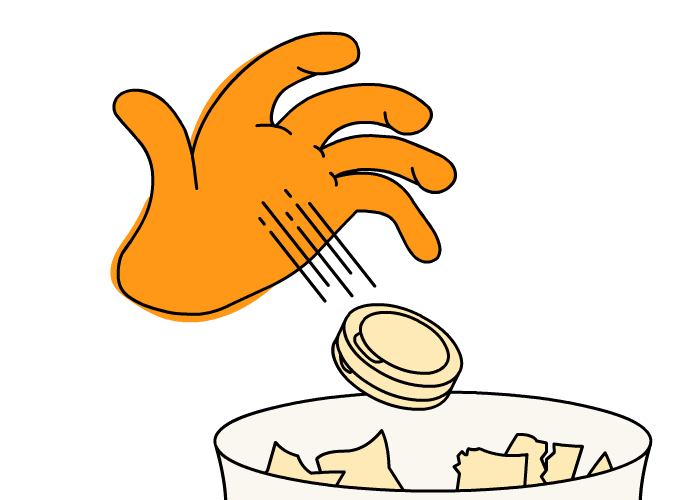
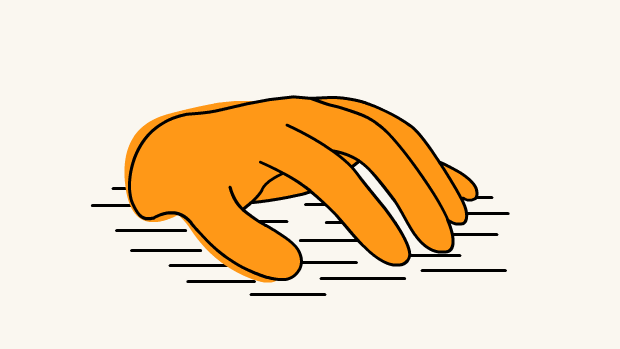

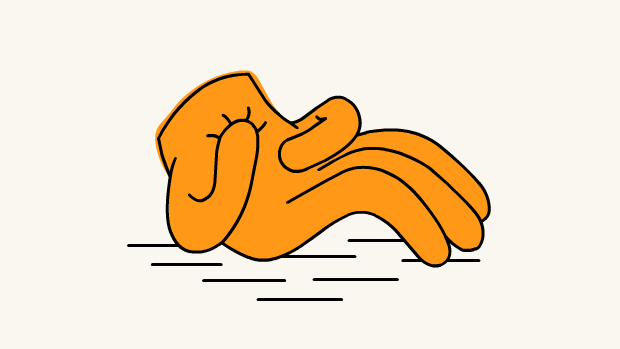
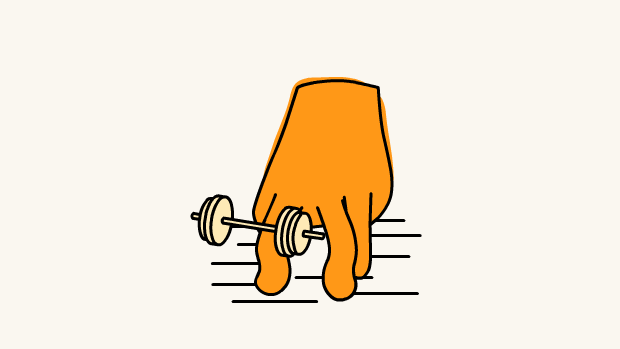
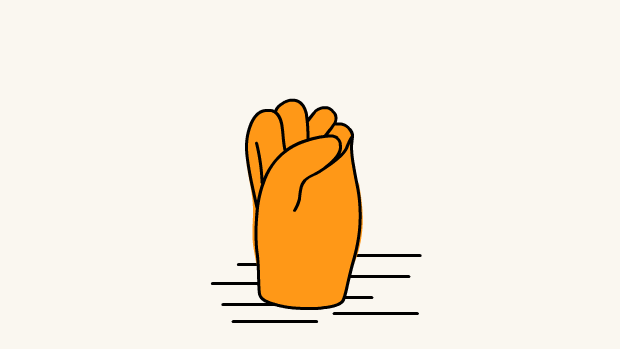
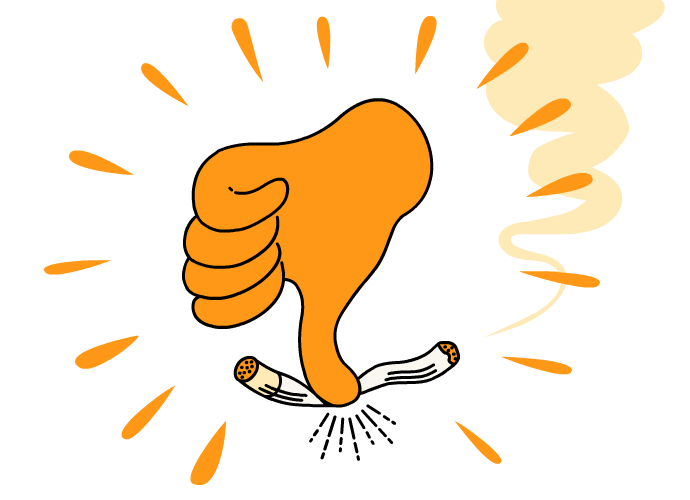
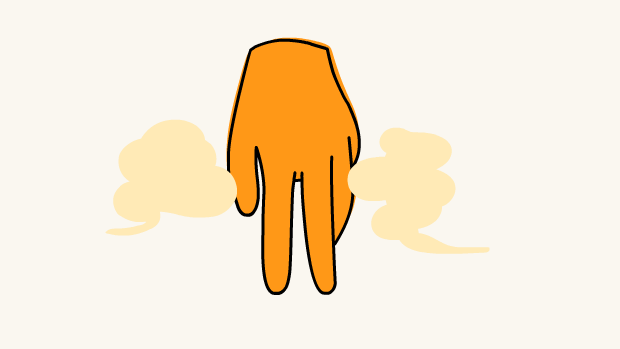

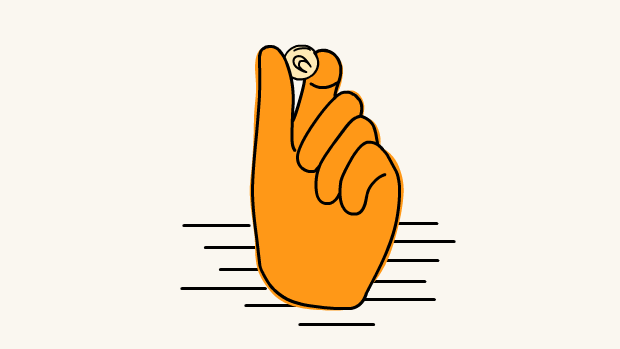

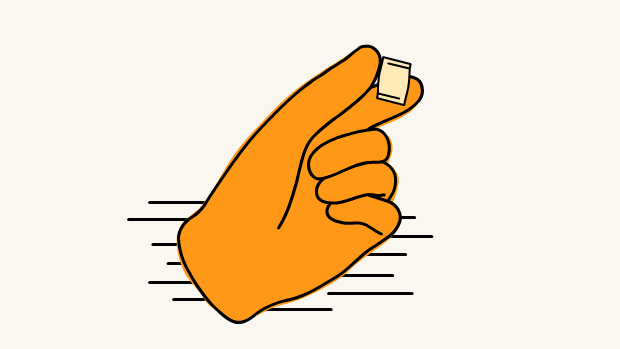
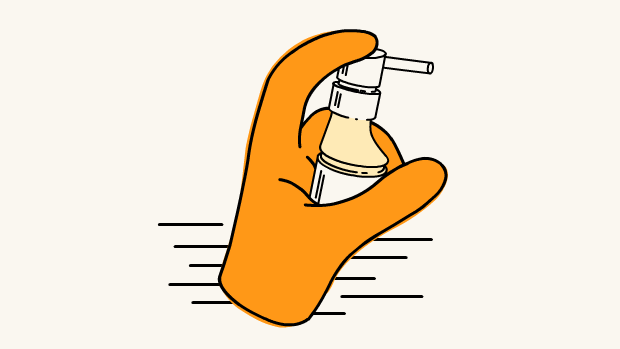
 Apohem
Apohem  Apotea
Apotea  Apotek hjärtat
Apotek hjärtat  Apoteket
Apoteket  Apoteksgruppen
Apoteksgruppen  Kronans apotek
Kronans apotek  Doz apotek
Doz apotek  Meds
Meds